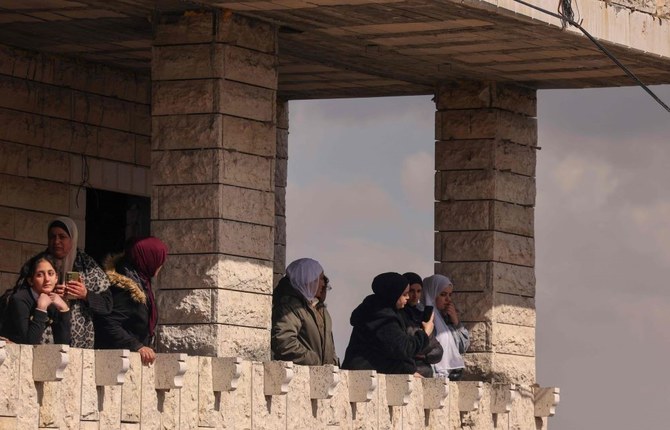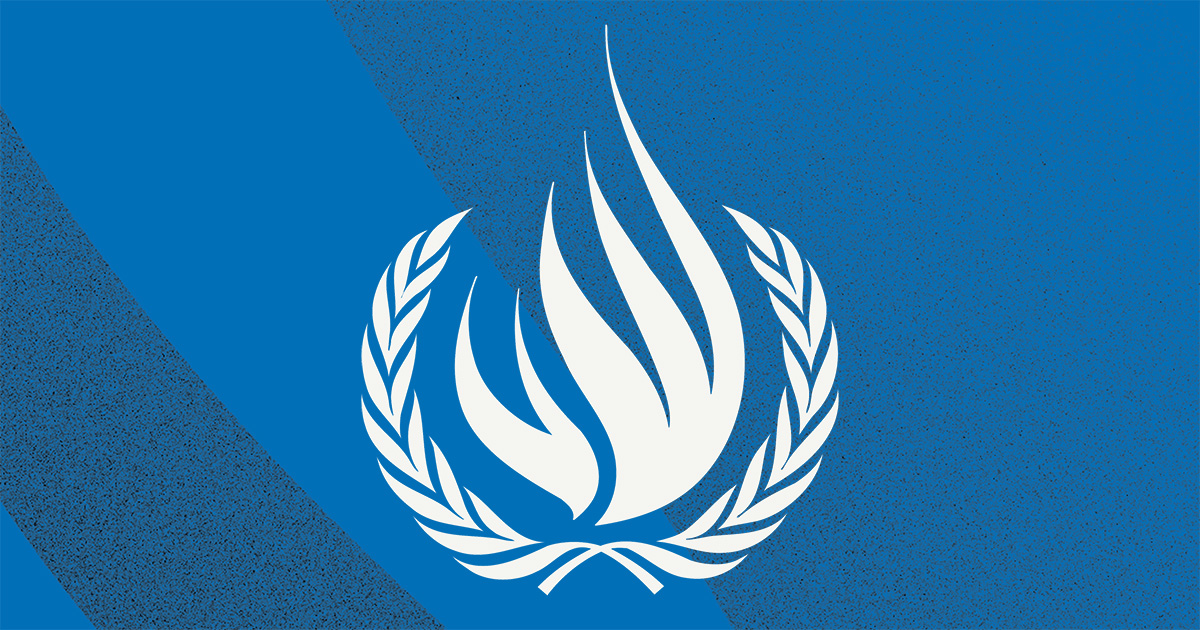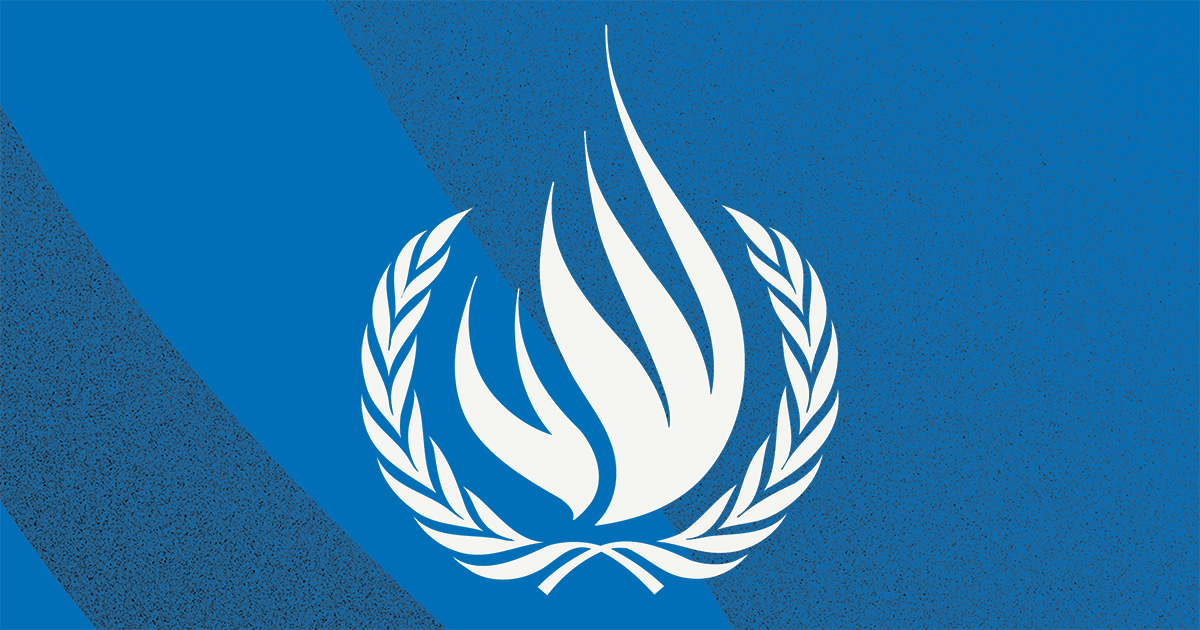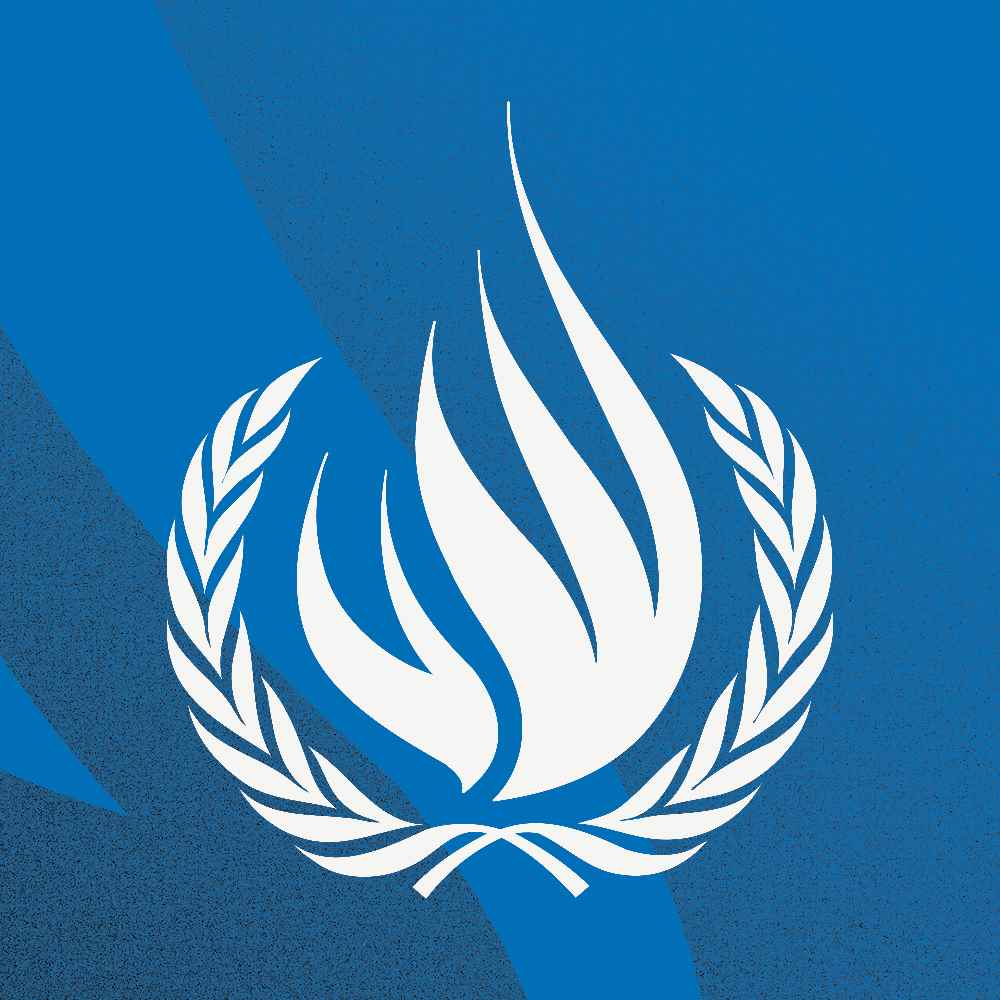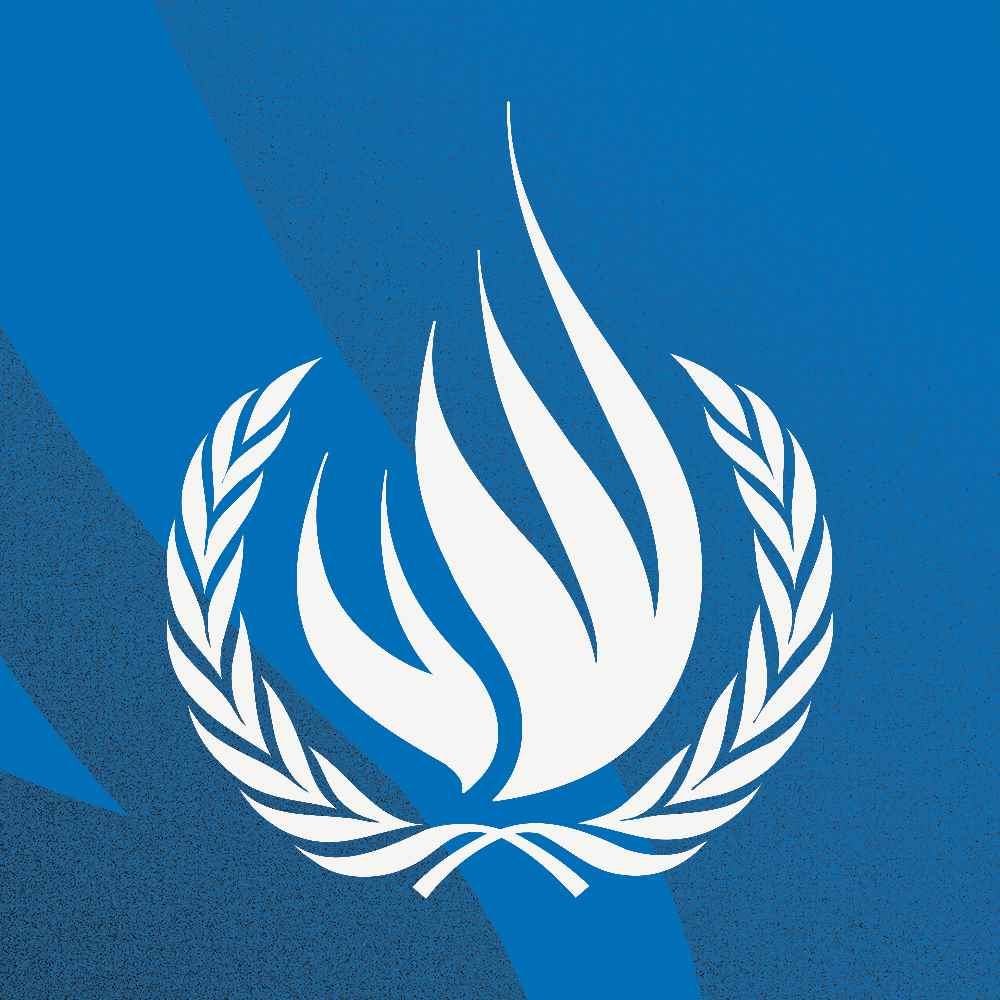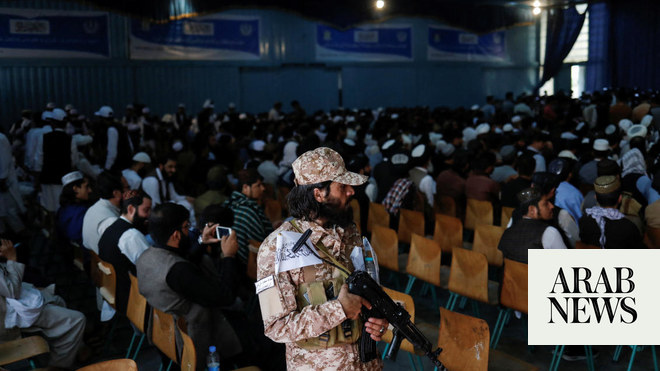
NOUAKCHOTT (6 October 2023) – Mauritania has made significant efforts to empower women and girls by increasing the electoral gender quota and legislation prohibiting harmful practices such as child marriage and female genital mutilation, but gaps remain and continue to hamper progress, UN experts warned today.
“Despite a strong institutional framework and political will for advancing gender equality, patriarchal oppression coupled with the socio-economic constraints of the country hold women and girls back in Mauritanian society,” said the UN Working Group on discrimination against women and girls in a statement at the end of a 12-day visit to the country.
“Gender-based discrimination is often denied or not properly acknowledged and understood in the country. Misconceptions must be dispelled to achieve transformative progress,” the experts said. They called on the media to fulfil their key role as catalyst of a healthy democratic debate and amplify a positive narrative around gender equality.
The experts noted that discriminatory expectations on the appropriate role of women and girls lead to harmful practices, hindering them from participating equally in all aspects of society, including in political and economic life. Although electoral quotas were introduced in 2006, women continue to be excluded in political decision-making, occupying only a small proportion of electoral and appointed offices at regional and municipal levels.
“Mauritania has shown resolute commitment towards improving education and economic opportunities for women and girls,” the experts said. Nonetheless, girls’ school drop-out rates due to child marriages (39%) and teenage pregnancies (18%) represent the main obstacle to their empowerment. Women’s participation in the labour force remains disproportionately low, mainly concentrated in the informal sector. They also face significant barriers in land and property ownership, entrepreneurship, and access to credit.
“The country has one of the highest mortality rates in the world with teenage pregnancies, lack of birth spacing, female genital mutilation and lack of ante-natal care as the main reasons for this alarming situation,” the Working Group said.
The experts said the lived realities of women and girls greatly vary depending on their ethnic background and geographic location, with those living in rural areas experiencing even more acute poverty, limited access to healthcare and education, and higher rates of female genital mutilation (FGM), child marriage and polygamy.
“Rural women, migrant and refugee women, women victims/survivors of slavery, and women deprived of liberty continue to face intersecting forms of discrimination and rights violations,” they said.
During the visit, the Working Group was alarmed by outrageous accounts of gender-based violence, in the family and the community, including a high prevalence of rape against young girls, with the impossibility to terminate a pregnancy, even in such cases of crimes amounting to torture.
“Societal taboos that silence survivors from reporting gender-based violence must be combatted and justice sector professionals must stop the appalling pattern of blaming and re-victimising survivors, granting impunity to perpetrators,” the experts said.
“The adoption of a comprehensive law on prevention, protection and response with respect to gender-based violence is of paramount importance,” they said.
The Working Group noted that the implementation of existing laws and policies was poor and not backed by resourced institutions and strategies. They called for the prioritisation of gender-responsive budgeting throughout all public sectors.
“Mauritania will not be able to achieve sustainable development without ensuring genuine and equal participation of women and girls, and the full realisation of their rights in all spheres of their lives. Change must start from within the family and culture,” they said.
*The Working Group met with public officials, Parliamentarians, judges and lawyers, health and school professionals, faith-based organisations, women detainees, women representatives of civil society organisations, girls and women from different communities and victims/survivors of gender-based violence in Nouakchott, Mamghar, Nouadhibou, and Bassikounou. The Working Group will present its final report to the Human Rights Council in June 2024.
The UN Working Group on discrimination against women and girls was created by the Human Rights Council in 2010 to intensify efforts to eliminate all forms of discrimination against women and girls throughout the world in collaboration with all concerned stakeholders. Dorothy Estrada Tanck (Chair), Meskerem Geset Techane (Vice-Chair) Elizabeth Broderick, Ivana Radačić, and Melissa Upreti.
The Special Rapporteurs, Independent Experts and Working Groups are part of what is known as the Special Procedures of the Human Rights Council. Special Procedures, the largest body of independent experts in the UN Human Rights system, is the general name of the Council’s independent fact-finding and monitoring mechanisms that address either specific country situations or thematic issues in all parts of the world. Special Procedures’ experts work on a voluntary basis; they are not UN staff and do not receive a salary for their work. They are independent from any government or organization and serve in their individual capacity.
For more information and media requests, please contact the Working Group support team at: ohchr-dl-wgdawprofessionalteam@un.org
For media inquiries related to other UN independent experts, please contact Maya Derouaz (maya.derouaz@un.org) or Dharisha Indraguptha ( dharisha.indraguptha@un.org)
Follow news related to the UN"s independent human rights experts on Twitter @UN_SPExperts
Concerned about the world we live in?
Then STAND UP for someone"s rights today.
#Standup4humanrights
and visit the web page at http://www.standup4humanrights.org




